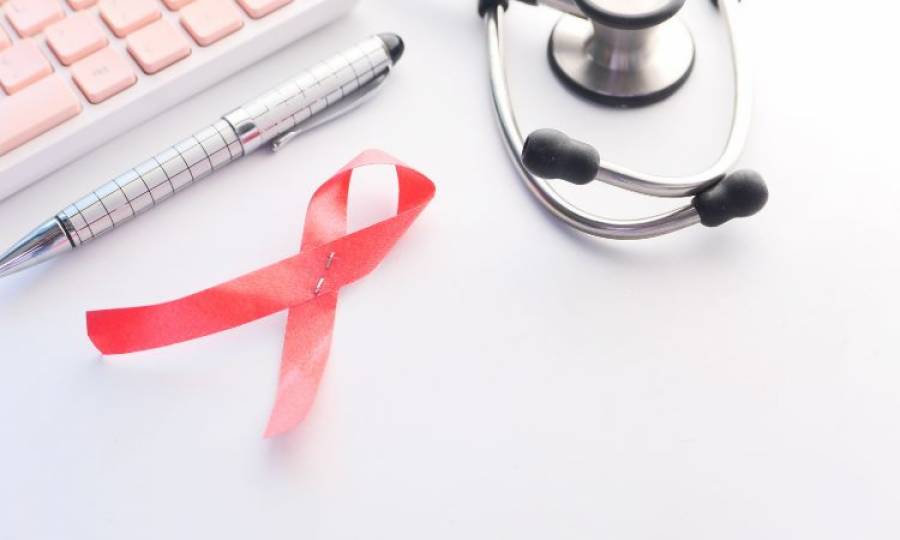210,000 people living with HIV in Pakistan

KARACHI: Azra Fazal Pechuho, Minister for Health and Population Welfare, Sindh, oversaw the signing of an MoU between Barrister Murtaza Wahab, Administrator Karachi, and Ms. Yuki Takemoto, UNAIDS Country Director.
The MoU proposes to join a network of more than 350 cities worldwide that have committed to ending HIV by 2030. This agreement makes Karachi the first city in Pakistan to be on the Fast Track to end HIV, and is the 11th in the Asia Pacific region to do so.
There are an estimated 210,000 HIV-positive individuals in Pakistan, of whom 43% are in the province of Sindh. Of the 19,031 HIV-positive cases documented in care, 16,868 (89%) are receiving antiretroviral therapy (ART), of which 7,774 (46%) are from the metropolitan area of Karachi.
Cities that join the Fast-Track Cities network intend to assist cities and municipalities in sharing best practises, so promoting urban learning communities and achieving UNAIDS' "95-95-95-95" HIV programme goals.
The MoU signing ensures that people living with and affected by HIV will be the center of focus and that they will be part of the decision making process around policies and programmes that affect their lives.
That all means, including municipal ordinances, policies and programmes will be used to address factors that make people vulnerable to HIV and other diseases, including laws that discriminate or criminalise key populations.
Work will be done closely with communities to ensure that people with HIV enjoy equal participation in social, civil, political, economic and cultural life. That they will be free from prejudice, stigma, discrimination, violence and persecution.
Communities, clinical and service providers, law enforcement and other partners will be collaborated with in this venture and to better serve the marginalised and vulnerable populations. These communities include folks living in slums, migrants, other displaced people, young women, sex workers, people who use drugs, gay men, other men who have sex with men, trans persons, in order to foster social equity.
The MoU also states that the leadership will integrate health and social programmes to improve the delivery services including for, HIV, TB, Viral Hepatitis, among others.
Trending
Popular
Sindh pledges vigorous action to prevent poliovirus transmission
-
PMA stresses health equity on World ...
04:08 PM, 9 Apr, 2024 -
Dow University’s new rabies vaccine ...
12:18 PM, 28 Mar, 2024 -
IRD role lauded in advancing ...
02:53 PM, 12 Mar, 2024 -
Over one billion people worldwide ...
09:48 AM, 5 Mar, 2024




